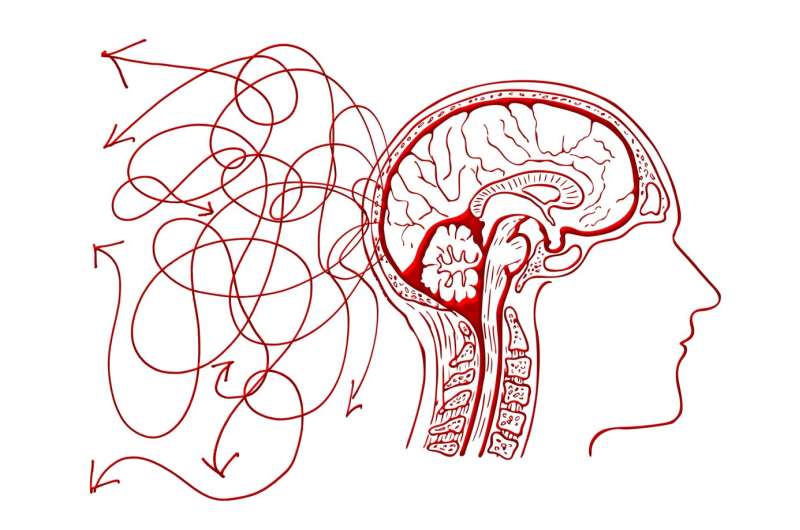Recovery Progress and Ongoing Challenges for Maui Residents Post-Wildfires

Two years after Maui's wildfires, recent research highlights progress in recovery alongside ongoing health and housing challenges, emphasizing the need for sustained support and community-driven solutions.
Nearly two years after the devastating wildfires in Maui, new comprehensive research by the University of Hawaiʻi reveals a complex landscape of recovery and persistent hardships among the affected population. The Maui Wildfire Exposure Study (MauiWES), which followed 2,000 adults and children, highlights both encouraging signs of emotional healing and significant ongoing health and housing issues.
The latest findings show notable progress in some areas, such as increased access to health insurance and reductions in suicidal thoughts and severe depression. Nonetheless, a considerable proportion of residents still face worsening physical health, including high blood pressure and compromised lung function. Approximately 42% of adults report deteriorated health compared to the previous year, with half experiencing depressive symptoms, over a quarter suffering from anxiety, and around 4% indicating recent suicidal thoughts. Despite these challenges, community support remains a strength, with many residents reporting strong social networks.
Children’s health results present a darker picture; over 50% show signs of depression, anxiety, and PTSD, with some experiencing severe symptoms. Notably, a significant number have elevated blood pressure and impaired breathing, with Filipino youth particularly affected. Experts emphasize the need for sustained pediatric mental health care, trauma-informed school services, and culturally tailored interventions to prevent lifelong health burdens.
Follow-up data for one year indicates some emotional recovery, with reductions in worsened health reports and suicidal ideation. However, gaps in long-term physical health management and housing stability persist, especially in rural areas. Food insecurity and ongoing housing displacement remain critical issues. Despite setbacks, community resilience and support networks continue to play a vital role in recovery.
Looking ahead, healthcare outreach, trusted community partnerships, and culturally rooted social programs are key strategies being utilized to support Maui’s recovery. Long-term investments are essential to address chronic health conditions, trauma, and housing needs. Experts warn that as stability improves, deeper psychological impacts may surface, underscoring the importance of ongoing monitoring and locally grounded interventions.
This ongoing research underscores both the resilience and the vulnerabilities of Maui’s affected communities, emphasizing the need for continued dedicated efforts in health, housing, and mental health services to ensure a full and sustainable recovery.
Stay Updated with Mia's Feed
Get the latest health & wellness insights delivered straight to your inbox.
Related Articles
Innovative AI Techniques Reveal How We Make Decisions
New AI-based research uncovers the actual decision-making strategies of humans and animals using small, interpretable neural networks, offering insights into suboptimal and individual strategies in real-world scenarios.
Overall Improvement in Cancer Outcomes in Australia
Australia has seen significant improvements in cancer survival and mortality rates over the past three decades, driven by advances in detection and treatment, with continued progress expected in future cancer research and data analysis.



